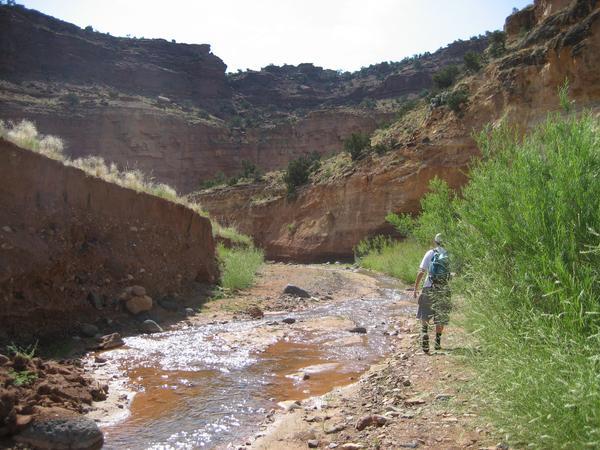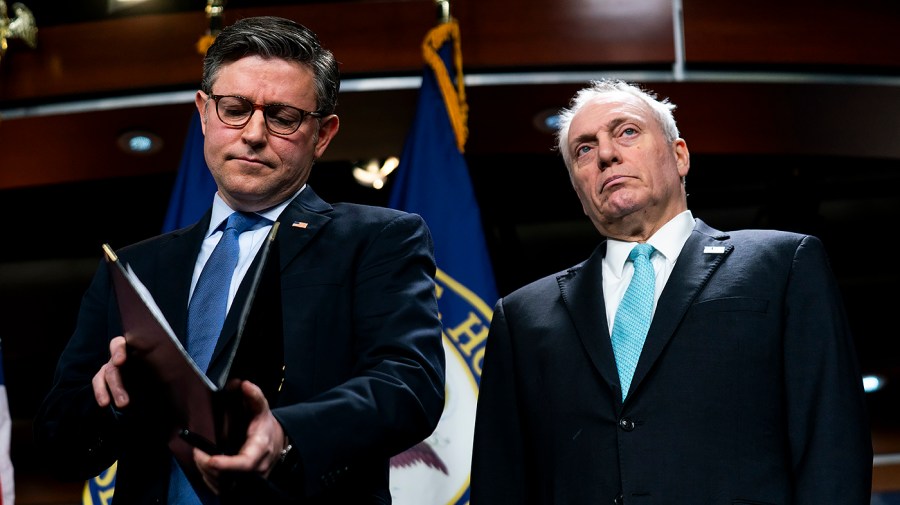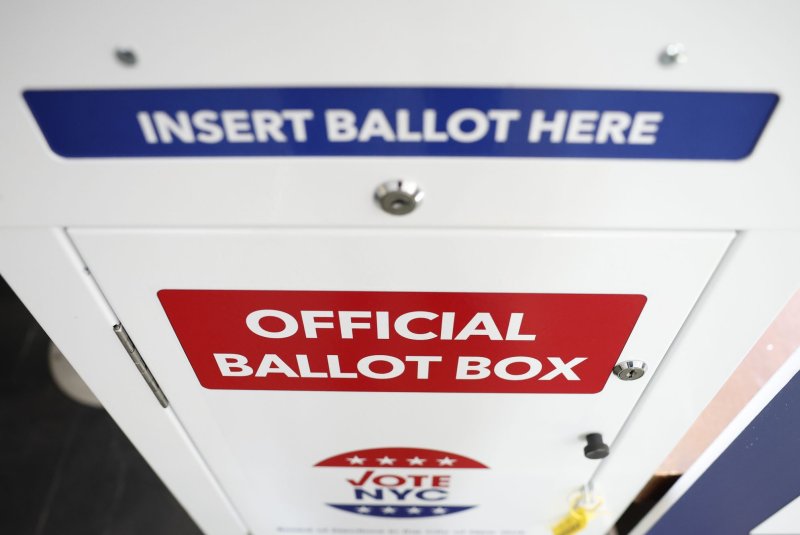Utah’s Capitol Reef National Park is at risk of increased motorized vehicle access due to new legislative proposals from Republican Senators Mike Lee and John Curtis. Their recent bills aim to open nearly all roads in the park to off-road vehicles, raising concerns about the potential impact on the park’s tranquility and ecological integrity.
In a powerful reflection on conservation, renowned primatologist Jane Goodall discussed her commitment to environmental preservation in her final interview. She emphasized the importance of hope and action in challenging times. Goodall’s serene experiences in nature contrast sharply with the encroaching threats to natural spaces like Capitol Reef.
The park, which spans approximately 300,000 acres, is a sanctuary for diverse wildlife and offers visitors a serene escape. The recent proposal to abandon the 2023 Bureau of Land Management travel plan for Labyrinth Canyon threatens this peace. This plan currently restricts access to just 317 miles of off-highway vehicle (OHV) routes, while maintaining access to over 800 miles. The proposed changes would reopen an additional 141 miles of previously closed routes, intensifying the risk of noise and environmental degradation.
Critics, including the National Parks Conservation Association, argue that these legislative efforts undermine the very purpose of national parks, which are meant to preserve natural landscapes for future generations. Cory MacNulty from the association described the proposed coal leasing on 48,000 acres of BLM land as “absurd,” especially given that even the conservative second Bush administration deemed these lands unsuitable for mining.
Utah’s rural economy relies significantly on tourism, with visitors drawn to the breathtaking views of parks like Capitol Reef, Zion, and Bryce Canyon. The introduction of industrial activities near these national treasures could deter tourists, which would have serious economic implications for local communities.
The bills presented by Senators Lee and Curtis also include provisions that could expand OHV access to other national parks. Despite previous resistance from national park advocates to similar proposals in 2021, the senators assert that these changes are necessary for accessibility for disabled individuals. Current park access already accommodates moderately high-clearance vehicles, leading many to question the necessity of allowing more disruptive OHVs.
As retired Capitol Reef superintendent Sue Fritzke pointed out, increasing OHV access could degrade the park’s natural resources, resulting in higher dust levels, noise pollution, and negative impacts on wildlife, including endangered species. The potential for off-road vehicles to stray off designated paths in the park raises further concerns about long-term environmental damage.
Capitol Reef National Park is a place to appreciate the quiet beauty of nature rather than to amplify noise and disruption. The ongoing legislative proposals, if enacted, would compromise the park’s values and its role as a refuge for both wildlife and visitors in search of solace.
Advocates for conservation are encouraged to voice their opposition to these bills before the comment period closes on October 24. As Goodall advised in her last interview, maintaining hope is crucial to combatting the challenges faced by natural environments. Those who cherish the serene landscapes of national parks must continue to advocate for their preservation and resist regressive policies that threaten their integrity.







